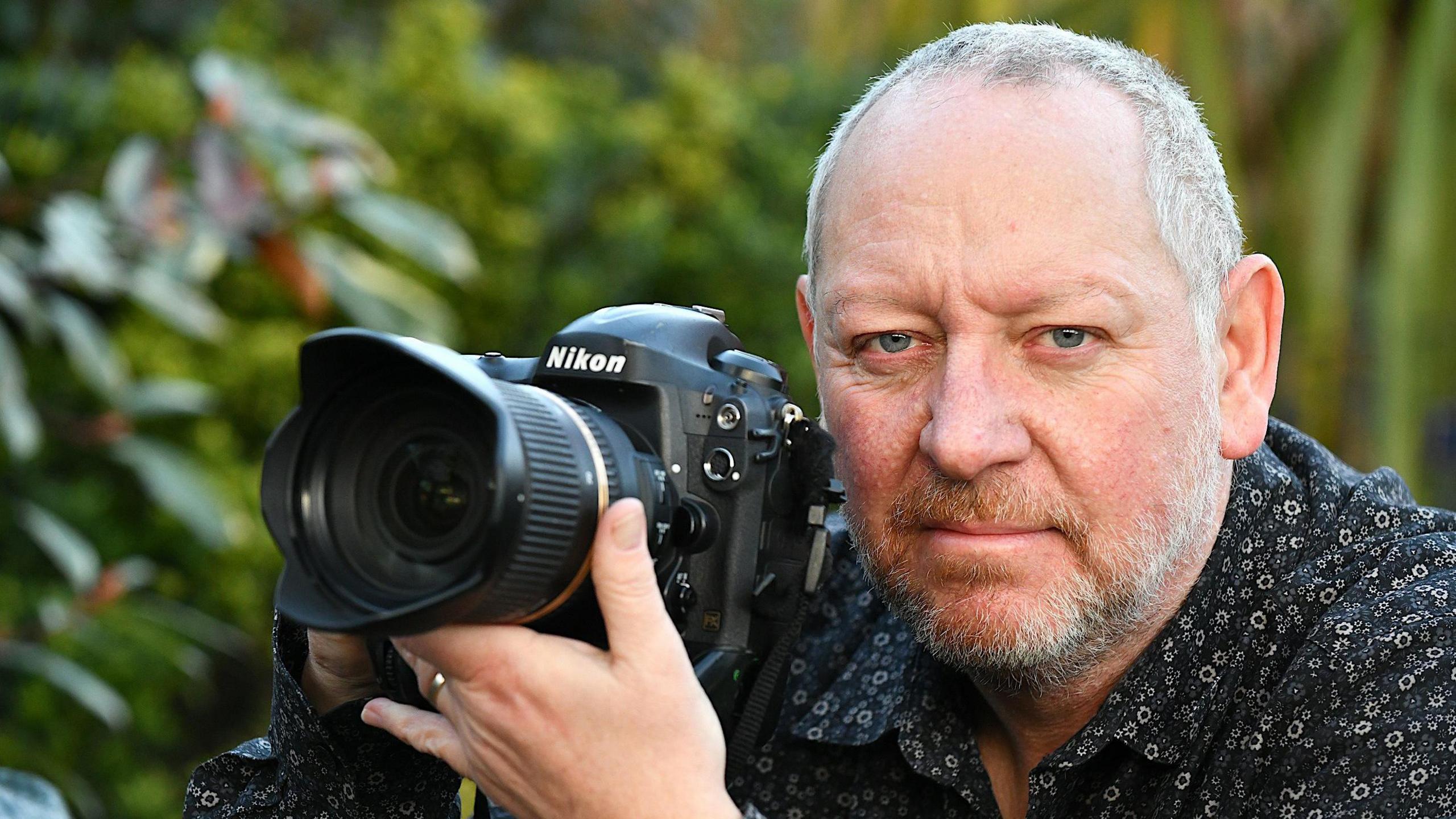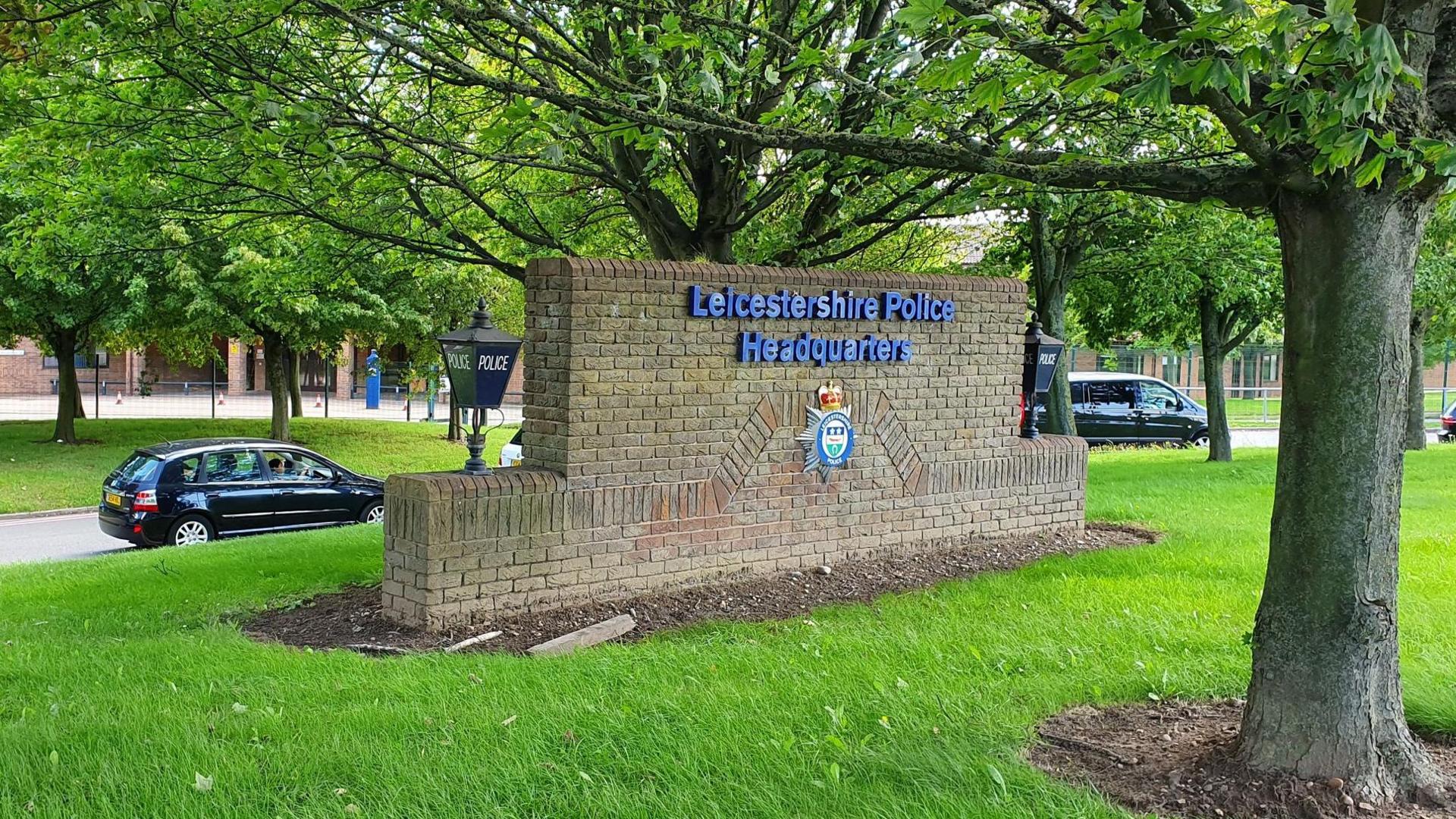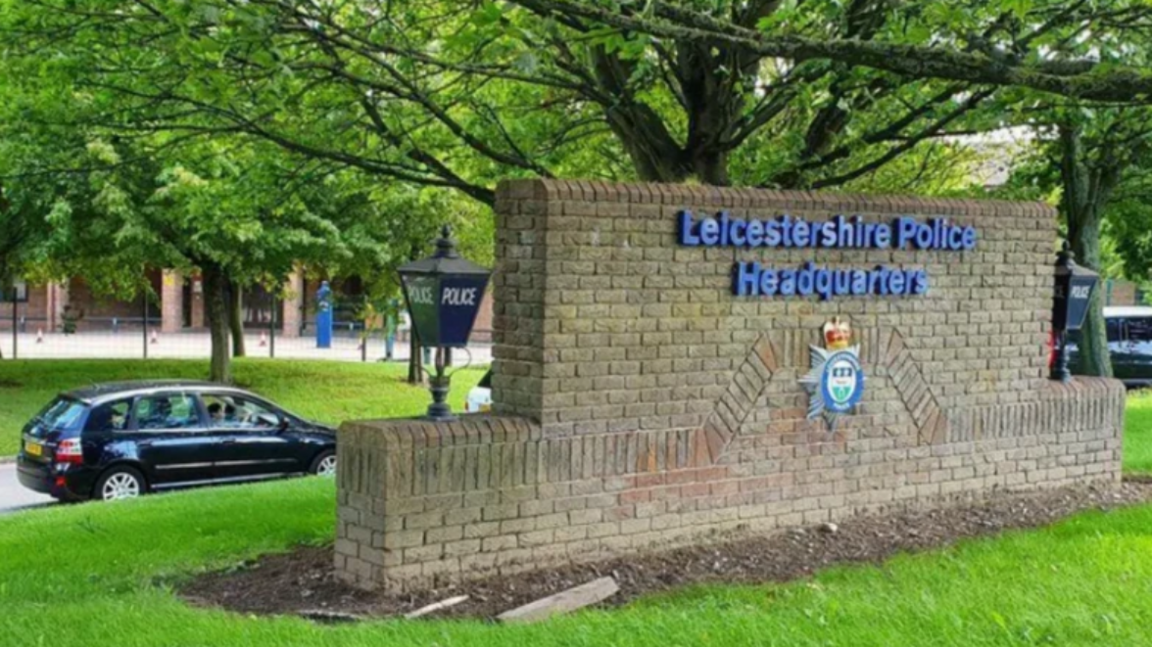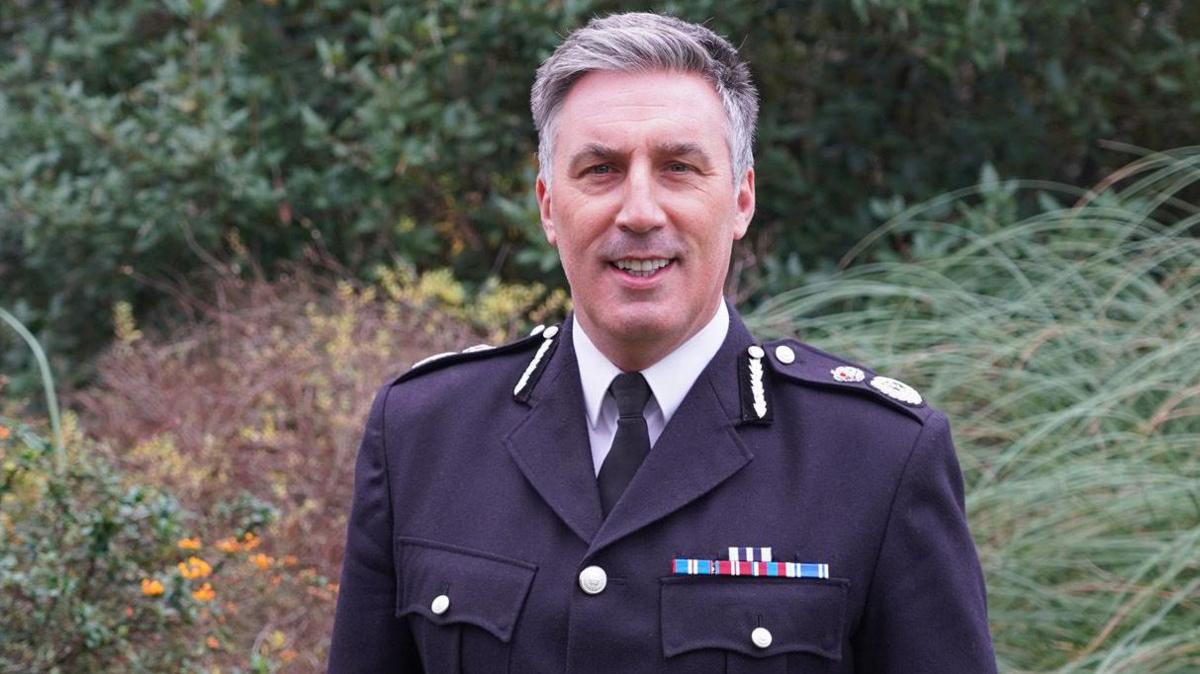Former press photographer refused job with police

Chris DeBretton-Gordon spent more than three decades working as a press photographer
- Published
A former press photographer says he lost out on a job as a police call handler because he "knows too many journalists".
Former Leicester Mercury photographer Christopher DeBretton-Gordon, from Quorn in Leicestershire, applied in January last year to work at Leicestershire Police's Enderby headquarters.
He said he was verbally told he had a job after a successful interview, but after his start date was pushed back four times to January 2025, he failed vetting and could not be recruited.
The force said that the number of members of the media in his social circles would be "unsustainable" to manage and the risk of "information leakage" was "too great".
Mr DeBretton-Gordon, who was made redundant by Leicester Mercury and Leicestershire Live publisher Reach in 2023, said not getting the job with the force was "completely out of the blue".
He said: "I thought the skillset I'd learnt dealing with people in stressful situations over the years would work well in that position.
"I went through the paper application, I was invited for interview, it was all quite in-depth and lots of it relating back to my experiences in the media.
"They said they'd like to invite me to join the team, I was delighted, it was great news."

Mr DeBretton-Gordon had been offered a job after a successful interview - only to find out a year later he could not be hired
His start date was set at June, then August, October, and then finally set for January this year.
But after his background vetting was eventually carried out in November 2024, the force ruled Mr DeBretton-Gordon could not work for the police after all - even after he submitted an appeal over the decision.
This is because members of the press are "notifiable associations" and police staff need to have relationships with them managed.
Other examples of "notifiable associations" include criminals, people under investigation, barred former police officers and members of extremist organisations.
The 58-year-old said: "My full media history was there from the very start. I thought it was a done deal.
"Right at the very beginning, the people doing the interviewing should have the knowledge that this might be a problem, rather than it suddenly coming up right at the end."
'Duty to protect'
Det Chief Insp Chris Gamble, in the force's Professional Standards and Vetting Department, said vetting was only carried out "once a start date for training" was set and this was "unfortunately" put back in Mr DeBretton-Gordon's case "due to force budget constraints".
He said he understood it was "disappointing" but it was "no reflection on the integrity of the individual".
He said: "Due to the nature and number of notifiable association relationships disclosed by the applicant, it was felt that the risk was too great to manage by the force.
"The force has to be alive to the many and varied risks associated with people entering the workforce, including where there is potential for leakage of information to the media.
"We have a duty to protect sensitive information about the many people and incidents we deal with every day. That is paramount, and I believe it's what the public would expect of us."
Get in touch
Tell us which stories we should cover in Leicester
Follow BBC Leicester on Facebook, external, on X, external, or on Instagram, external. Send your story ideas to eastmidsnews@bbc.co.uk, external or via WhatsApp, external on 0808 100 2210.
Related topics
- Published16 January

- Published6 January
